New Delhi, Oct 06 (V7N): Indian External Affairs Minister S. Jaishankar has emphasized that regional integration in South Asia has progressed significantly in the past five to six years, despite the absence of Saarc meetings.
Speaking in New Delhi on Saturday, Jaishankar highlighted that the lack of Saarc summits has not halted regional cooperation. "In fact, I would argue that in the last five-six years, we have seen far more regional integration in the Indian subcontinent than we have seen since the partition of India," he stated.
Citing India's growing ties with neighboring countries like Bangladesh, Nepal, Bhutan, Myanmar, and Sri Lanka, Jaishankar pointed to the restoration of railway lines, the construction of roads, and the expansion of electricity grids as examples of this increasing cooperation. He also mentioned the facilitation of ferries, medical visas, and the supply of fuel and fertilizers to these nations.
Jaishankar credited India's "Neighbourhood First" policy for driving this progress. "We are the biggest country, and we must put in the maximum resources," he said, emphasizing India's responsibility to lead regional initiatives even if smaller nations may not be able to fully reciprocate.
The South Asian Association for Regional Cooperation (Saarc) has been largely inactive since 2016, with no biennial summit held since the last one in Kathmandu in 2014. Jaishankar explained that Saarc's stagnation is due to the actions of one member nation, which he accused of engaging in cross-border terrorism against other Saarc members, a reference to Pakistan.
He noted that this ongoing terrorism poses a challenge for cooperation within the group, adding that continuing Saarc activities under these circumstances would risk normalizing such actions.
END/MSS/



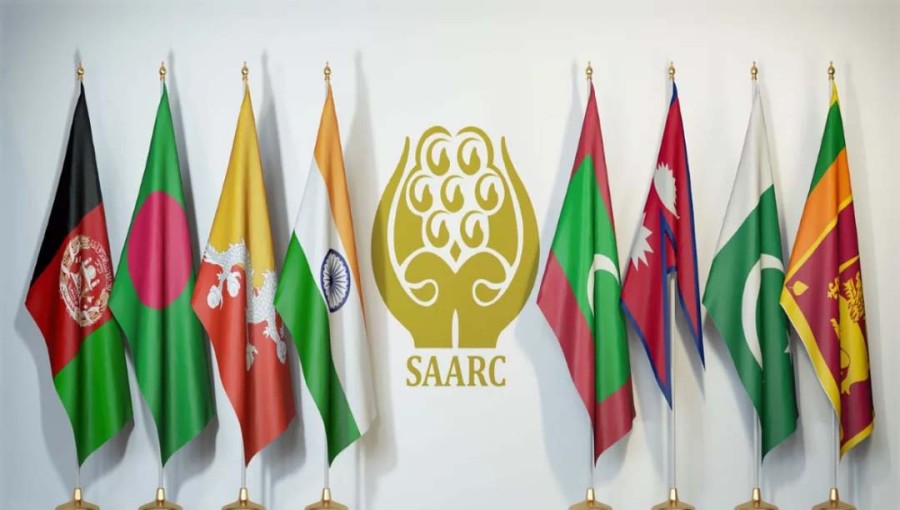
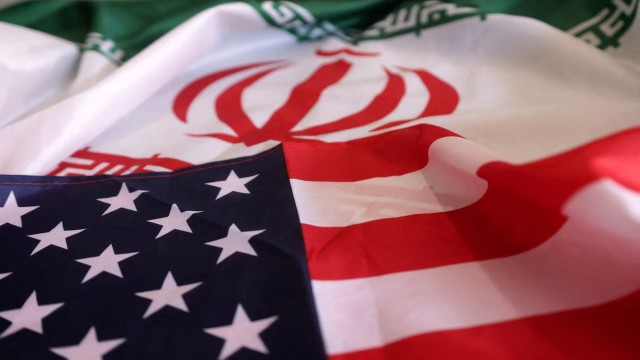
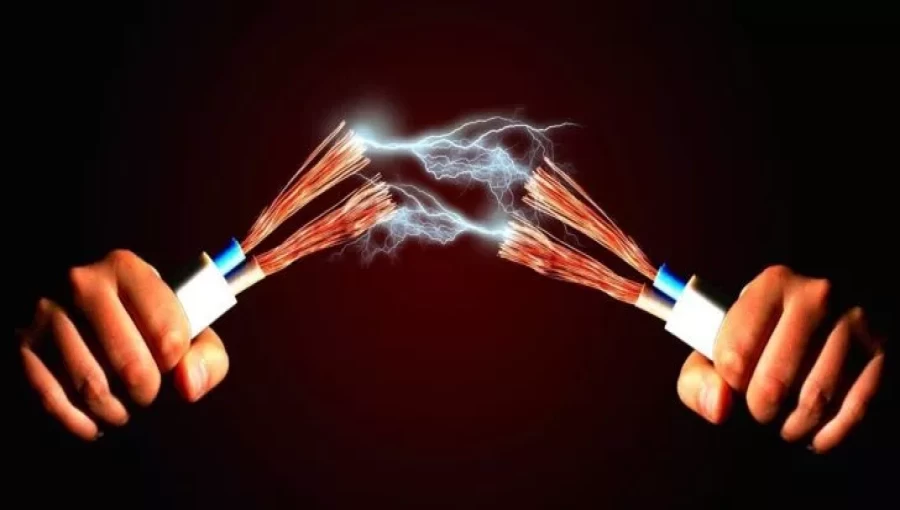
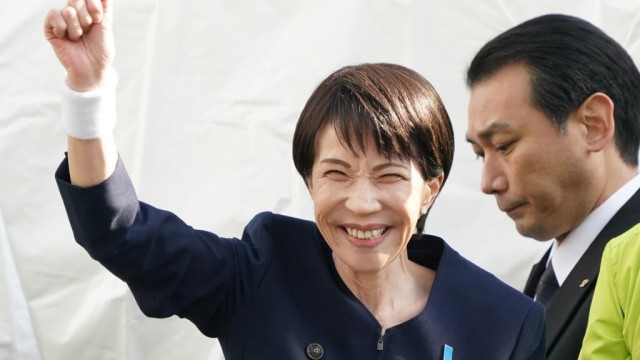


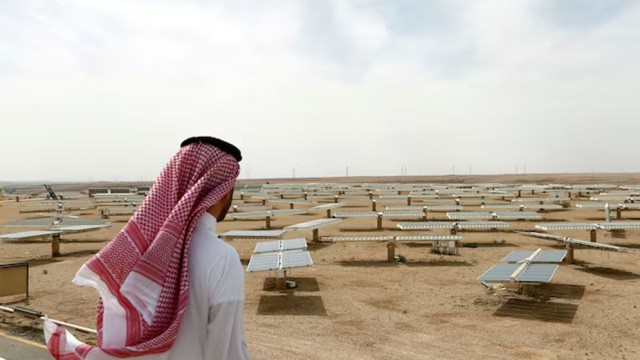
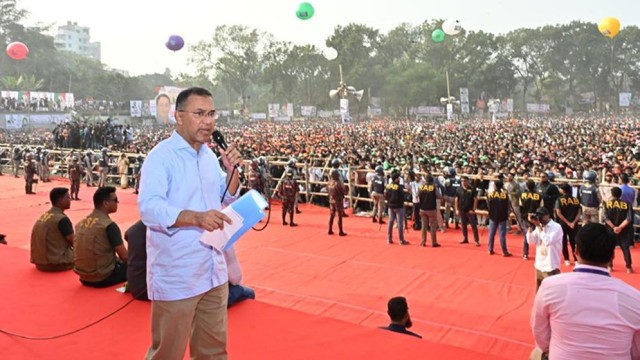
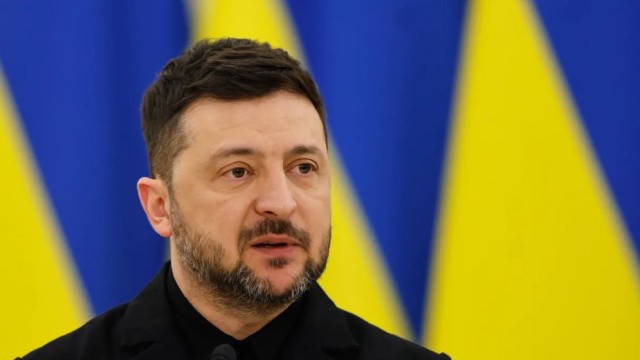
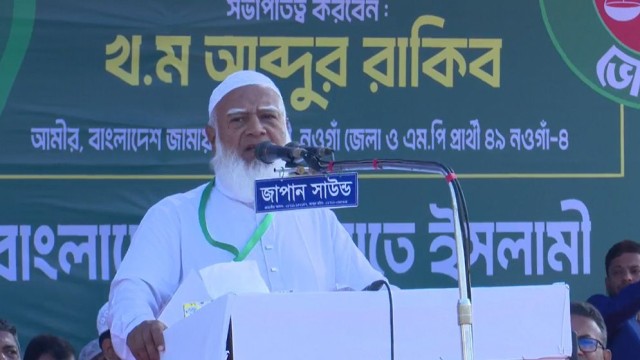
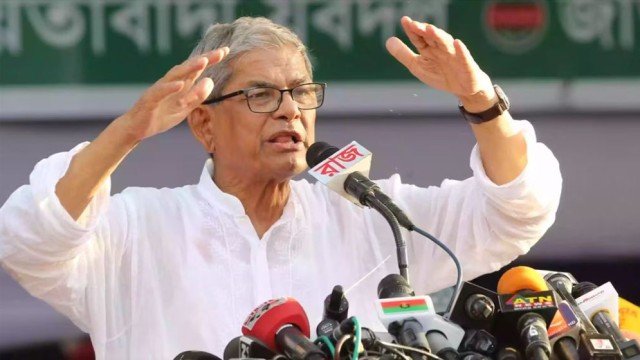
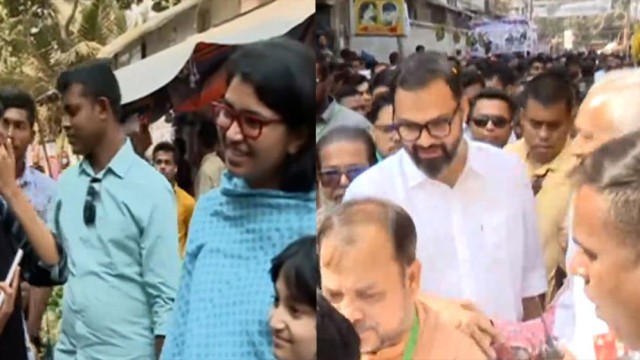
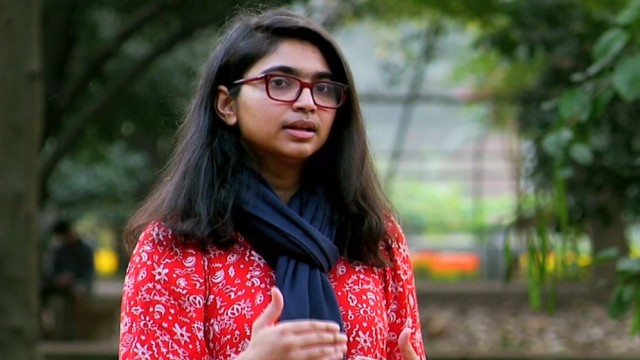
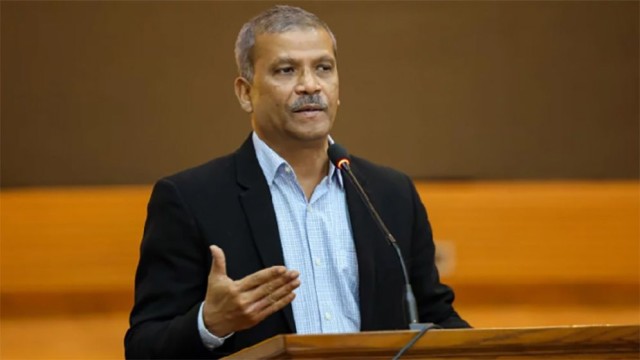
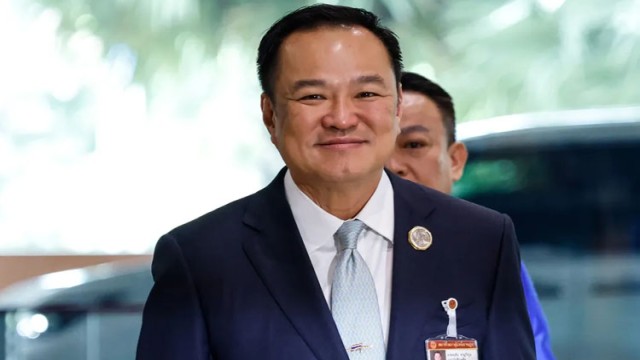











Comment: